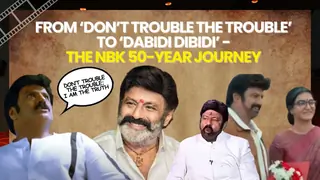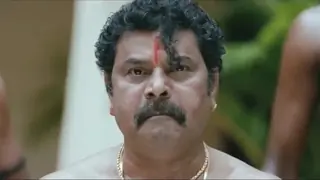But Indian soaps, led by the K Klux Klan, could do with a few lessons in basic storytelling. Take Jassi, which started out as a charming ugly duckling tale but within months had yawed into a disarray of hohum sub-plots, endless guest appearances and tacky promos for those in the beauty business.
It's difficult to believe that the soap owes its existence to Tony and Diya Singh who'd crafted the eminently watchable Banegi Apni Baat in the '90s. If Jassi's posterisation of its evil characters is not a satellite reception problem but the directors' idea of innovation, then Ekta Kapoor's contribution to the creativity sweepstakes is the triple take.
Overstatement has always been the signature staple of the K soaps, and if we're not mistaken, this particular Ekta signature began when Mandira Bedi was introduced in Kyunki Saas Bhi Kabhi Bahu Thi— three close-ups of her turning her face to the camera to deafening background music.
That little bit of stylism has caught on so widely that these days it is impossible to have a dramatic moment on television without it being hammered out in triplicate— even in a supposedly even-handed 'political' soap like Sarrkkar.
As for the appalling loose pace of the storytelling—dictated no doubt by contract extensions— of most popular soaps, the less said the better. In all this, we are grateful for the underplayed style, brisk cadence and relative lack of absurdities in Astitva, one of the most watchable soaps on television today. Perhaps TV's divas could imbibe some screenwriting lessons from it.





















